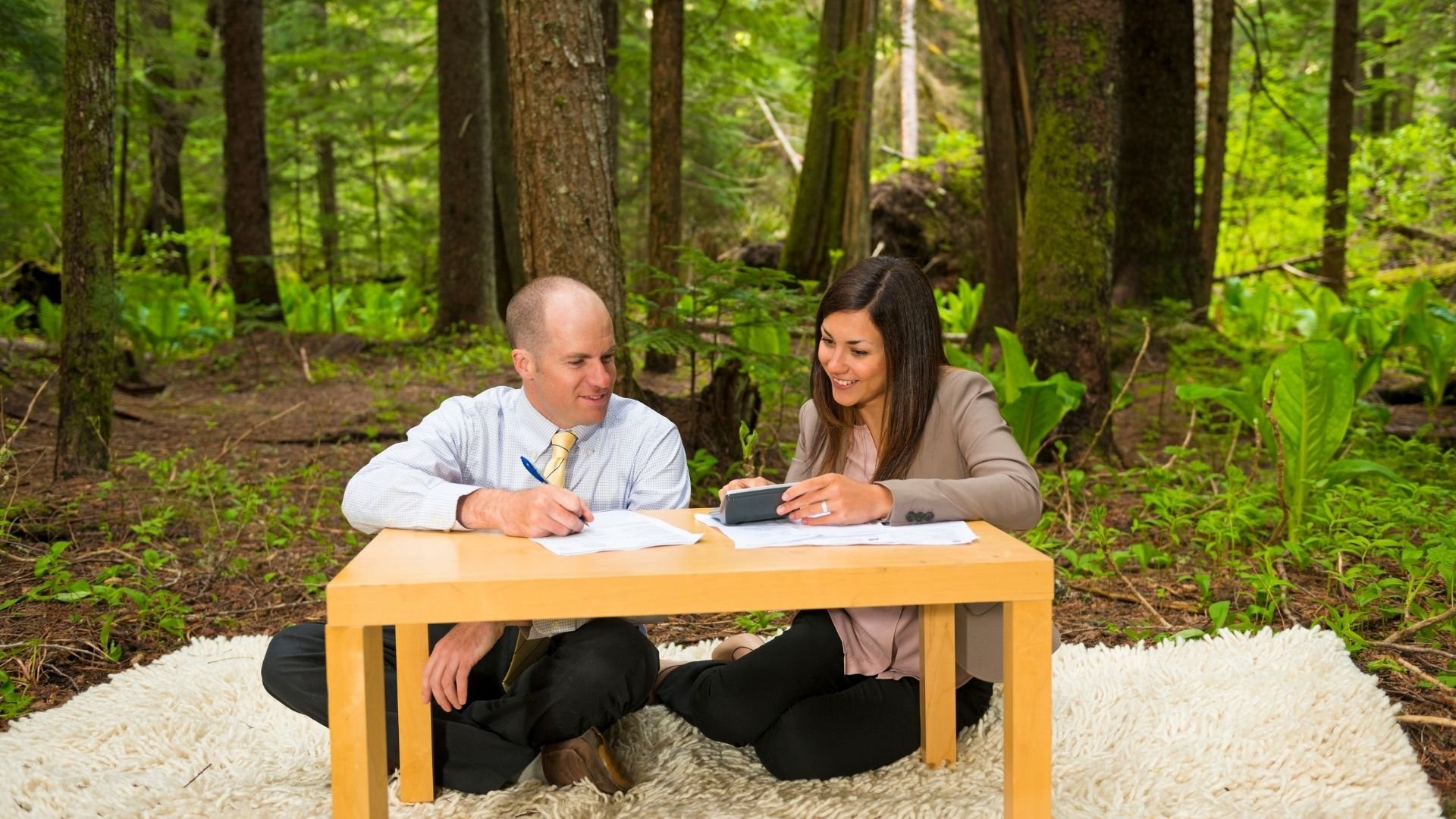
There are plenty of benefits available for SMEs who want to take a more eco-friendly approach to their business, which contributes more than simply ticking a few compliance boxes for the sake of it.

EaPGreen’s landmark 2015 ‘Environmental Policy Toolkit for Greening SMEs’ explains that ‘Reducing the environmental impact of small and medium-sized enterprises (SMEs) in both manufacturing and services is a key success factor in greening the economy. Improving the environmental performance is also a significant business opportunity for SMEs themselves as important suppliers of goods and services.’
Consumer need
Consumers, partners and suppliers are ever-more discerning in the names and products with which they want to be associated. Sustainable practices are also more attractive for securing potential business partnerships and even customer loyalty.
‘In this regard alone, focusing your efforts toward making your SME a greener operation, along with offering a more environmentally-focused approach to customer service adds up a lot of business sense,’ according to the UK’s Green Energy Advice Bureau.
Business.govt.nz also suggests, ‘Environmental sustainability can make a business more efficient and less costly to run. Environmentally sustainable businesses also tend to achieve a better bottom line, all while protecting New Zealand’s natural environment for future generations.’
Preparing for future legislation
Whatever comes around the corner in terms of government or industry legislation, the SME that is already adopting strategies for more sustainable work practices will be best-placed to change and change quickly. Just consider many adoptions taken on by the automotive industry. This preparation may involve upskilling and reskilling of entrepreneurs and their workforce to new green and digital competences or appointing a green business champion within your business to stay one step ahead of new sustainable business laws.
Healthier employee workplace
There’s more to a healthier workplace than gym subsidies and break-out spaces. ‘Improving things such as ventilation, adding greenery, and swapping out regular light bulbs for LED ones have proven to have improved staff’s physical health both inside and outside of the workplace, from inducing better sleep to reducing respiratory viruses,’ says sage.com. It is simple to put in place clever and sensible ways to increase staff productivity and morale, while at the same time, being kind to the planet.
And three ways to go green…
It's fair to say that there aren’t a huge number of options for New Zealand’s greenest SMEs in terms of financial support, incentives, and subsidies. However, you can lift your green credentials by paying a visit to the Sustainable Business Network, which collaborates to co-create solutions to some of the biggest problems in New Zealand in the areas of climate, waste, and water. It also has a thriving network to help businesses get started on sustainability.
If creating a more sustainable business seems a little daunting, consider taking small steps. Is your business paperless, your office energy-efficient or do you promote and reward car-pooling among your employees? These are small things to consider as you move forward.
Green up your supply chain
Altering service-level agreements, shifting to greener suppliers, consolidating shipments, and even redesigning products; making incremental changes in your complete supply chain can make a huge difference to the overall picture.
‘With environmentally sustainable supply chain practices, you reduce your total carbon footprint and achieve greater cost savings and profitability when optimising end-to-end operations. All supply chains can be optimised using sustainable practices,’ states NZTE.
Partnerships
Searching for greener partnerships is a smart and relatively low-cost move for SMEs. No SME should think of itself as being ‘too small’ in the search for more climate-friendly collaborations. It’s important to define the priorities and deal breakers that will guide your expectations for any potential future partnerships. Aside from sustainability practices, when considering partnerships, it is also key to think about your own culture, people, capabilities and expectations and how they align with each new partner.
Coworking
The most obvious contribution a coworking space makes to saving the planet is around ‘community’. Heat, light, power, water and other resources are shared to help reduce collective carbon footprint. Waste is also reduced and if the space actively recycles, then all the better.
Certainly coworking is here to stay. In the pre-Covid US, the coworking space sector grew annually at 6% and a massive 13% in the rest of the world (Allwork).
With an estimated 14,000 coworking spaces globally, it’s a competitive market and, while Covid will see some spaces fall by the wayside, the more progressive eco-aware space owners and managers are using Covid to create an even better greener experience for tenants.
For information on how The Icehouse programmes, workshops and coaching and advisory services can help your business, click here.
For more business ownership and leadership advice, check out more of our blogs.
Icehouse Alumni? For exclusive content on Icehouse Central, register now.


.jpg?height=500&name=Untitled%20design%20(26).jpg)